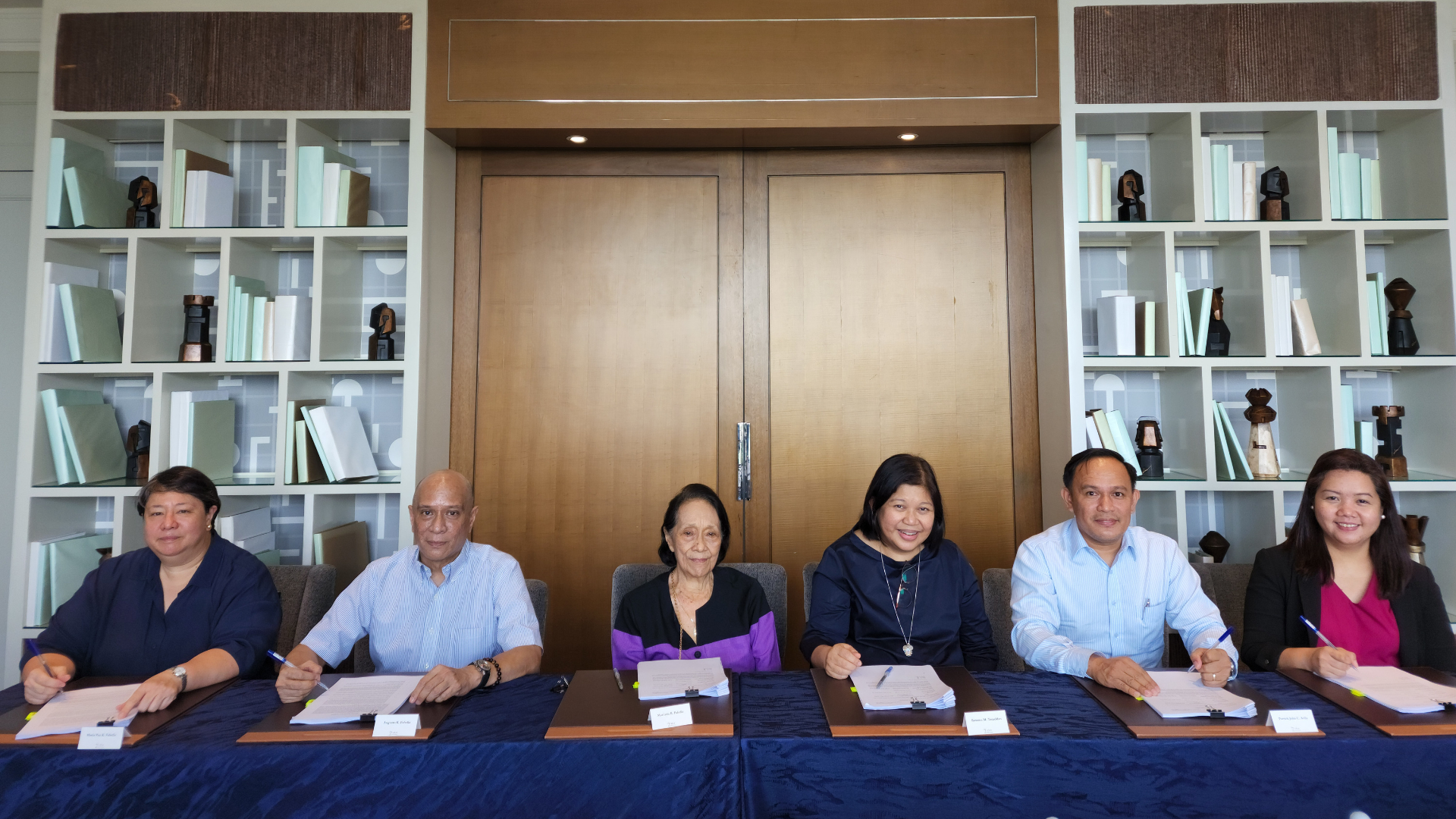Among all other benefits that the age of digitalization has endowed us with, liberation is certainly the greatest one. Disheartened by uncertain prospects of modern careerism and endlessly demotivated by cubicles, millions of Millennials are choosing to earn their living in a quite different fashion – through travels and new experiences.
Ever since the first blue collars decided to cut their wires and immerse themselves into the endless sea of possibilities, the community of digital nomads has continued to accept new members, discovering, along the way, the most opportune destinations for working remote. For some time now, the Philippines have been holding the title of the community’s Promised Land. Here’s why.
The nomadic lifestyle
However alluring, the life led by those determined to escape their escapist dreams and take a dive into the unknown is nowhere near easy. For some, success stories continually pile up, while others are returning home disappointed and empty handed. For all of them, still, the rules of the freelance game are the same – in order to live comfortably in a remote location, jobbers are somewhat limited in their choices of destination and reminded that not every exotic shore is equally welcoming for their unique breed.
Plenty of factors affect how successful one can get in the world of digital nomadism, and among those—the cost of living, internet access and safety—are pretty high on the list of priorities. For such a lifestyle to make sense and be lucrative in both financial and intellectual terms, the chosen destination has to be cheap, wired and safe. For no other reason, digital nomads fly to the Philippines in flocks.
Cost of living

The most frequent question of the phenomenon– “Is the digital nomad lifestyle viable?”– is quite an important one. Even though the global economy has seen better days, no one decides to quit their job without having at least some guarantee that freelancing can pay off in return.
The much-needed answer can be found in success stories of those working independently for years: if well-organized and thoroughly thought through, a comfortable digital nomad lifestyle is certainly possible. As such, it continues to support both businesses in search of outsourcing and aspiring jobbers in pursuit of a better life-work balance.
As a popular destination for digital nomads, the Philippines certainly provides all the guarantee one needs. Freelancers who’ve worked from the country’s bucolic beaches before can attest that all you need for a comfortable lifestyle there, in terms of finances, is around US$800 bucks a month, which makes this stopping place one of the cheapest in the world.
Internet access
But, a low cost of living doesn’t mean much if there isn’t an internet connection fast enough to earn those US$800 in the first place. In the Philippines, while much is to be desired in terms of internet speed, this is not an overwhelming problem – as majority of public places like restaurants and cafes provide both a stable enough connection and an enjoyable ambience for focusing on work. And, with the community being (temporarily) settled there, the opportunities for co-working and consulting are truly unique.
Culture and safety

For travelers addicted to meeting new cultures and getting inspired by their unique philosophies and mindsets, Filipinos are quite an exciting folk. Unlike in the Western countries, where expats are compelled to stay within the boundaries of the freelance community, the Philippines provides a great chance for mingling with the locals. Almost every Pinoy can comprehend english (a large number of city dwellers are conversant in it) and impatient to invite foreigners into their homes.
As far as safety is concerned, as long as you remain responsible and savvy, the Philippines is not much different from any other country in the region.
Visas
Some of the biggest issues for digital nomads are still visas and taxes. Different countries treat foreign expats according to their state law, but the Philippines are pretty great in this department as well.
Once you enter the country, you receive a one month visa and are eligible for extending it up to 16 months. But have in mind that, if you do enjoy your welcome and stay there longer than six months, you’ll need to apply for an exit permit before traveling to someplace else.
For digital nomads, low costs of living and a dependable internet connection are enough to provoke inspiration and get the creative juices flowing. When offered in the Philippines, where hopping from one tropical island to another, swimming with the sharks and gazing at the postcard-like landscapes are a daily routine, they are simply too good to pass.
Samantha Black is a content writer and editor for Back Office Pro – a business process outsourcing firm delivering range of services all over the globe. She professes passion in writing about the latest in business and technology.
By SAMANTHA BLACK
Phl – The digital nomad’s Promised Land
Published on August 22, 2016
This post was last updated on March 26th, 2020 at 02:58 pm







